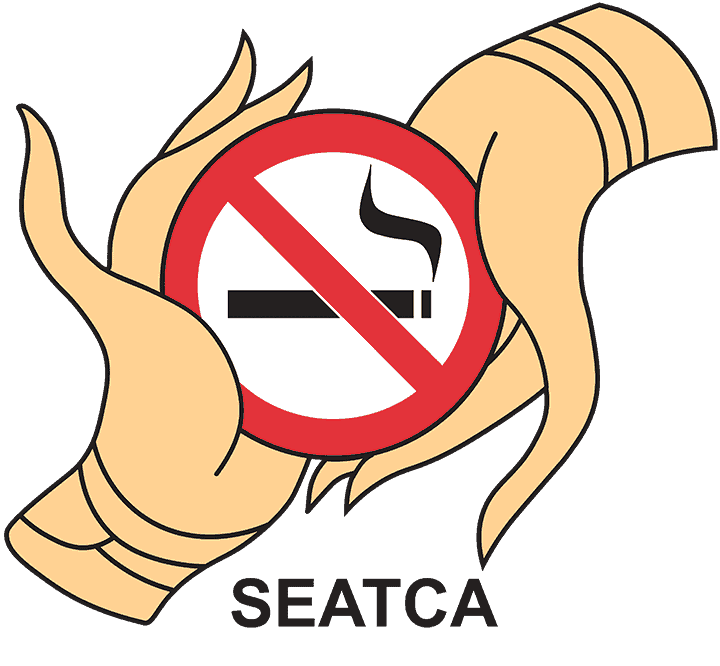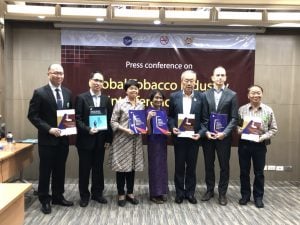- About AVPN
-
-
-
About AVPN
Who We Are
We are a leading ecosystem builder that is increasing the flow of financial, human, and intellectual capital from Asia and around the world into the social sector in Asia. We provide a network of peers, rigorous learning programmes, and innovative capital mobilization opportunities that make sure resources are more effectively deployed.
-
-
-
- Members
-
-
-
Membership Benefits
Unrestricted access to AVPN research reports and case studies
Access market-specific snapshots and opportunities
Increased visibility for events, programs and insights via AVPN website, blog, newsletters and social media channels
Leverage the AVPN platform to bring under-represented social issues top of mind for more than 600 social investors
-
-
-
- Resources
-
-
-
Resources
Highlights of the week
Trust-Based Philanthropy
In the face of increasingly complex and, sometimes rapidly, changing needs on the ground, it is crucial to take a step back and reconsider the status quo.
APAC Sustainability Seed Fund 2.0
By leveraging the success of the first round of the APAC Sustainability Seed Fund, AVPN continues to mobilise continuum of capital into supporting climate solutions in the region.
Faith and Giving
Faith, and the values, belief systems, moral codes, and religious doctrines, that underlie it, shape much of philanthropy across the world. From addressing needs in underserved communities to investing in sustainable energy solutions, faith-aligned givers are demonstrating that compassion can be a catalyst for a more just and equitable world. However, the fundamental drivers of faith-aligned giving often remain unexamined.
-
-
-
- Markets
-
-
-
Markets
We are a leading ecosystem builder that is increasing the flow of financial, human, and intellectual capital from Asia and around the world into the social sector in Asia. We provide a network of peers, rigorous learning programmes, and innovative capital mobilization opportunities that make sure resources are more effectively deployed.
Explore Markets
-
-
-
- Impact Communities
-
-
-
Impact Communities
-
-
-
- Capital Mobilisation
-
-
-
Capital Mobilisation
Featured Deals
Socio-Economic Empowerment of Women
Climate Action and Environment, Education, Financial Inclusion, Gender, Livelihood and Poverty Alleviation
Solve Education: Education through Innovative Learning Platform
Education, Employability, Livelihood and Poverty Alleviation
Lotus Petal Sr. Sec School, Gurugram
Education, Employability, Health
IT Training Against Poverty in Cebu
Education, Employability, Livelihood and Poverty Alleviation
IT Vocational Training Against Poverty
Education, Employability, Livelihood and Poverty Alleviation
Gigatonne: Addressing Problems within the Carbon Credits Market
Climate Action and Environment, Financial Inclusion, Gender, Livelihood and Poverty Alleviation
-
-
-
- Events
-
-
-
Events
Upcoming Events
UN Global Compact 2024 Climate Ambition Accelerator Final Registration
30 April 2024
Restoring Equilibrium: SVCA 2024 Annual Conference – Seeking Balance in A Turbulent World
16 May 2024
-
-
-
Tobacco Control Policy in Southeast Asia
To support ASEAN governments and civil society organizations to effectively implement tobacco control policies and to counter tobacco industry interference in policy making and enforcement.
By

Southeast Asia Tobacco Control Alliance (SEATCA)
Click here to learn more about the Impact Organisation
This is member exclusive
content. Click here to unlock
Social causes
Beneficiaries
SDGs covered
Endorsed by
Market of Implementation
- Brunei ,
- Cambodia ,
- Indonesia ,
- Laos ,
- Malaysia ,
- Myanmar ,
- Philippines ,
- Singapore ,
- Thailand ,
- Vietnam
Problem
Tobacco remains a significant global health threat, causing over 8 million deaths every year. Most of these preventable deaths occur in low- and middle-income countries, where smoking prevalence is high and the tobacco industry is deeply influential. Tobacco use also has significant economic implications, costing an estimated US$ 1.4 trillion in health expenditures and loss of productivity. The ASEAN region is home to 122 million smokers, over half of whom reside in Indonesia alone (65 million). Tobacco control has long been an issue of critical importance globally. The influx of e-cigarettes is expanding the landscape of tobacco use and addicting ever-growing numbers of youth who are easy and lucrative targets for the tobacco industry. E-cigarettes are falsely touted by the tobacco industry as less harmful alternatives to regular cigarettes, but a growing body of evidence is showing that e-cigarettes are harmful and should not promoted as safer alternatives.
Solution
Continued, coordinated, and intensified actions must be taken now by governments and civil society to invest in tobacco control measures and counteract the harms being inflicted by the irresponsible, profit-motivated tobacco industry. We need to: Establish tobacco tax systems that more effectively reduce tobacco affordability and discourage consumption.
- Strengthen national policies and enforcement of smoke-free environments.
- Increase awareness on the harms of tobacco use through prominent pictorial health warnings and the implementation of plain/standardized packaging on tobacco products.
- Strengthen laws/policies banning tobacco marketing, including tobacco industry sponsored corporate social responsibility activities.
- Conduct regional campaigns to de-normalize the tobacco industry and increase awareness of tobacco industry tactics among governments, civil society, and the general public.
















 Continued, coordinated, and intensified actions must be taken now by governments and civil society to invest in tobacco control measures and counteract the harms being inflicted by the irresponsible, profit-motivated tobacco industry.
We need to:
Establish tobacco tax systems that more effectively reduce tobacco affordability and discourage consumption.
Continued, coordinated, and intensified actions must be taken now by governments and civil society to invest in tobacco control measures and counteract the harms being inflicted by the irresponsible, profit-motivated tobacco industry.
We need to:
Establish tobacco tax systems that more effectively reduce tobacco affordability and discourage consumption.